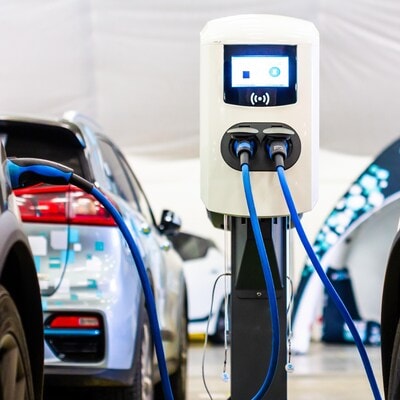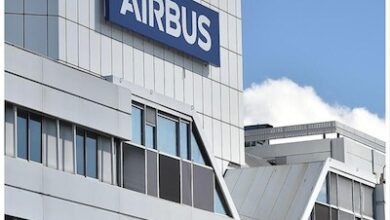Japan to give up to $2.4 bn in new support for EV battery production | World News

)
The move will help expand the country’s annual production capacity for storage batteries by around 50% to 120 gigawatt-hours (GWh), from 80 GWh currently, Japanese media reported earlier on Friday (Photo: Shutterstock)
Japan will hand out more subsidies for electric-vehicle battery production, pledging as much as $2.4 billion in support for related projects by Toyota Motor and other major companies, as it seeks to strengthen its battery supply chain.
The government will support 12 projects for storage batteries or those for their parts, materials or production equipment by up to 350 billion yen ($2.44 billion), Minister of Economy, Trade and Industry Ken Saito told reporters.
Toyota would invest a total of about 245 billion yen with its battery subsidiaries Prime Planet Energy & Solutions and Primearth EV Energy to boost production capacity for solid-state and prismatic batteries by 9 GWh, the industry ministry said.
Toyota will kick off the supply of the batteries from November 2026. The plan involves building battery plants in Hyogo and Fukuoka prefectures, according to the Yomiuri newspaper.
In a statement, Toyota confirmed the ministry had certified the development and production plans of its next-generation and solid-state batteries, but stopped short of disclosing its investment amount or information about new plants.
Nissan said in a statement it had received certification from the government for a plan to produce lithium-iron-phosphate batteries.
The automaker aimed to install such batteries in mini-vehicles from the 2028 business year, targeting a domestic production capacity 5 GWh per year for which it would get up to 55.5 billion yen in support, it said.
Panasonic’s energy unit, which makes batteries for Tesla , and Subaru said in a joint statement they would set up a plant in Gunma prefecture north of Tokyo for the supply of cyclindrical lithium-ion batteries from the 2028 business year.
Panasonic Energy will supply Subaru with such batteries from a plant in Osaka prefecture from the 2027 business year, they said. Total investment of 463 billion yen would target 16 GWh in annual production capacity from the Gunma plant by 2030, while another 4 GWh per year would be supplied from the Osaka plant.
Separately, Panasonic Energy will make these EV batteries at its Suminoe and Kaizuka plants in Osaka for Mazda from 2027 onwards, which the automaker will package, the companies said in the joint statement.
($1 = 143.1600 yen)
(Reporting by Daniel Leussink in Tokyo and Sherin Sunny in Bengaluru; Editing by Maju Samuel, Shinjini Ganguli and Shri Navaratnam)
First Published: Sep 06 2024 | 12:21 PM IST




